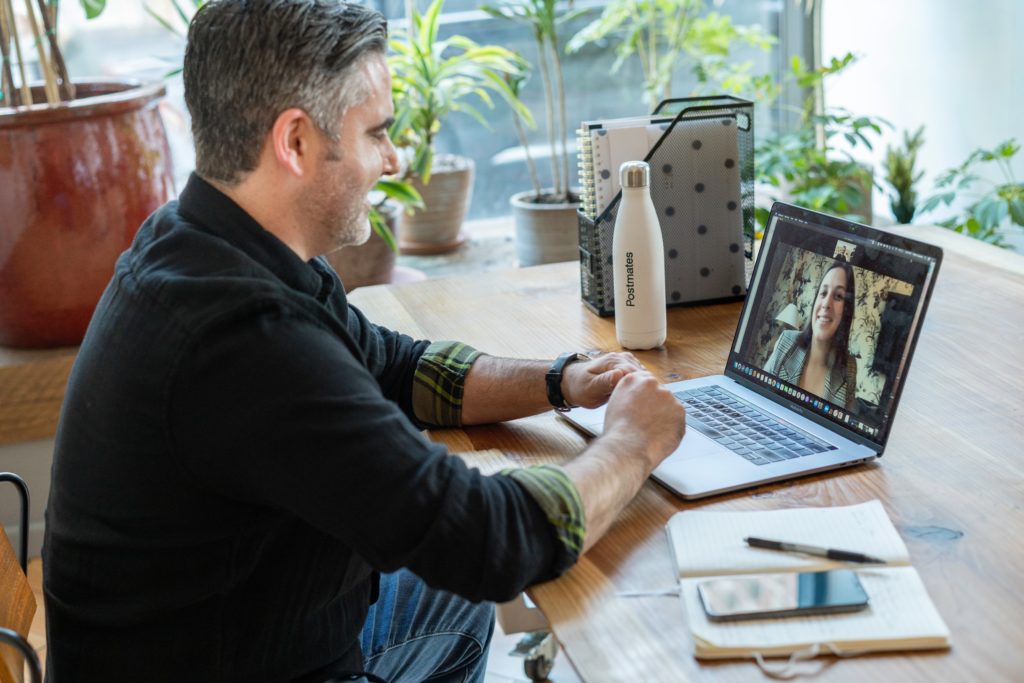
By Yvonne Milosevic
We all know the benefits of having a gym buddy to keep you accountable for your #fitnessgoals. Have you considered trying a similar strategy to keep you from procrastinating at work? Known as body doubling, this is when you do your work in the presence of another person. They can be working on their own tasks, reading a book, or knitting an afghan blanket—it really doesn’t matter. Their mere presence is what motivates you to get more stuff done.
The body doubling concept originated in the ADHD community and has proven successful at keeping people focused on a task. But it’s a technique we can all use to increase accountability and fight the urge to dawdle. According to this piece in Harvard Business Review, body doubling is also a terrific way to beat isolation and disengagement.

And the best news is that you can try it whether you’re working in person or remotely. Phone and video calls can be just as effective as meeting IRL. Plus, scheduling time with a body double can add some structure to your day when working from home.
As Deborah Grayson Riegel, author of the new book Go To Help: 31 Strategies to Offer, Ask For, and Accept Help, explains, many occasions are ripe for calling in a double. She calls out these familiar, pesky R’s:
- Resistance to starting—or finishing—a task or project
- Reluctance to continue the work
- Restlessness, leading to difficulty focusing
- Rumination about challenges, obstacles, setbacks, decisions, or next steps
“If any of those sound like you, your colleagues, or team members, try body doubling to create engagement, reduce resistance, increase motivation, and decrease isolation,” Riegel advises.

Putting Body Doubling into Practice
To sum up, this is the body double process:
Two or more people agree to meet in person or virtually to maintain accountability for the desired task(s).
Riegel suggests participants begin by setting up a block of time during which you and a colleague will work simultaneously. You can meet in person or over video. For the latter, decide whether you want to have your camera, screen, or microphone on during the session.
“I often have all three off when I lead ‘body doubling sessions’,” she explains. “Participants are invited to text me, call me, or ‘chat’ me if they want some personal support.”
Next, establish some common ground rules about breaks and whether you will work silently or if chatting is welcome. At the start of the session, each person should share what they plan to accomplish, says Riegel. Then at the end, each one shares what tasks they actually completed and how they feel about it.

But what if you don’t have a colleague available to mirror you? Don’t worry. You can find resources online that will match you with a double with similar goals. Sites such as bodydoubling.com and Focusmate provide virtual coworking for free or at a nominal cost. They believe turning online strangers into accountability partners can help end your procrastinating tendencies for good.
Because as Henry Ford once said, “If everyone is moving forward together, success takes care of itself.”


